It’s the start of the new year, meaning lots of us are committing ourselves to eating better, exercising more and getting more sleep. So far, so good …except that the mere thought of having to eat bland veggies and beans is enough to make plenty of people throw their resolutions right out the window.
New York chef Seamus Mullen is here to help.
Known for his inventive Spanish cuisine and award-winning restaurants, Mullen is a chef and culinary celebrity – but he’s also an expert on healthy food and living. After years of treating his rheumatoid arthritis with pharmaceuticals, achieving little effect other than suppressing his immune system and making him more ill, Mullen decided enough was enough. He changed his diet and exercise routine, and was able to successfully turn his health around. Now, Mullen’s on a mission to spread the word of how delicious a healthy lifestyle can be.
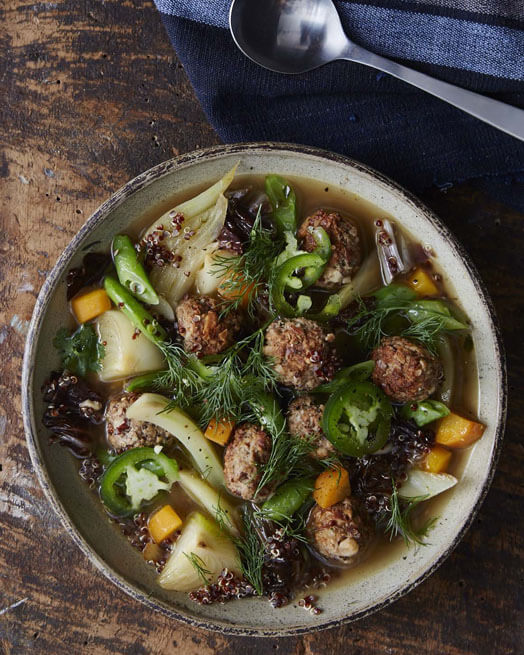
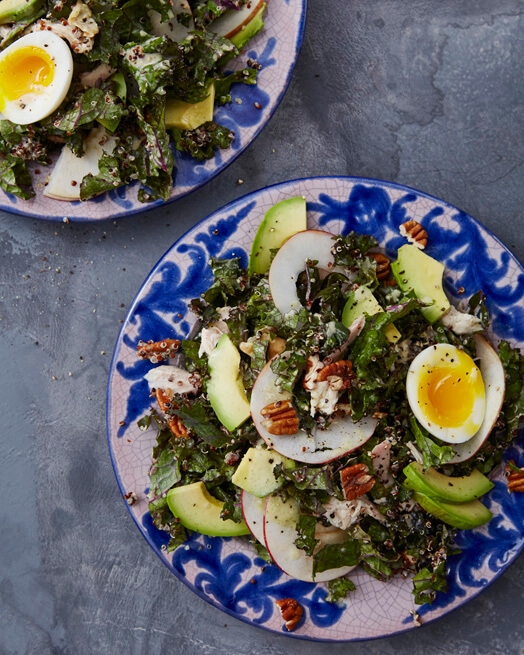
Amex Essentials: In what ways did changing your diet improve your quality of life?
Seamus Mullen: First and foremost, making significant changes to my diet led to me overcoming what is considered to be an incurable autoimmune disease. More than anything it helped me regain my health and get back to leading an active life.
In the world of haute cuisine, “healthy cooking” has long been – and in many ways, still is – a taboo. Why do you think this is?
For a long time, the notion of “indulgence” has meant excess – excess fat, salt, sweet, starch, etc. – and for many people, the idea of eating out at a high-end restaurant often meant splurging. Historically, people haven’t wanted to go out and splurge on a kale salad and a turmeric smoothie. However, there is a new movement that I’m very happy to be a part of that eschews the ‘90s notion of “spa food”, instead recognising the importance of healthy fats, naturally raised meats and quality, sustainable seafood. We’re seeing more and more interest in eating well-executed, high-end food that is delicious AND good for the body.
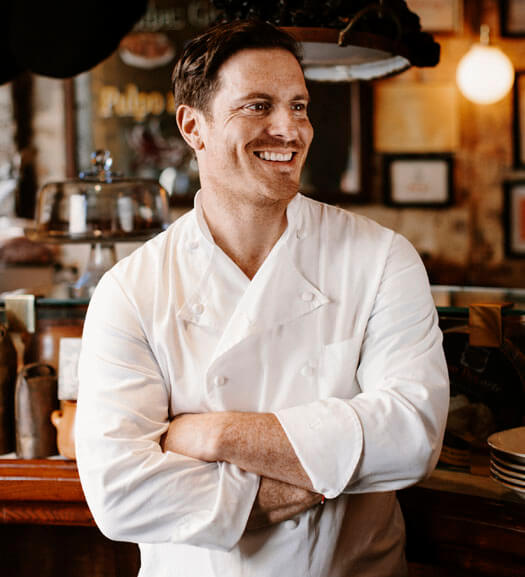
We’re seeing more and more interest in eating well-executed, high-end food that is delicious AND good for the body.
Running Spanish restaurants, did you find inspiration in Mediterranean cuisines in your quest to turn your diet around?
Being around the ingredients of the Mediterranean was certainly a stepping stone, particularly healthy olive oil from Spain, seafood and lots of vegetables.
Mediterranean diets do incorporate quite a bit of carbs, but you promote a low-carb, gluten-free diet. Can you explain why, and how you reconcile the two?
This was definitely the most challenging aspect for me. There most certainly are a lot of carbs, starches and dairy in the Mediterranean diet, so it required a bit of a rethink. The main part of the Mediterranean diet that’s so healthy is the relationship with food: eating meals with friends and family, eating in moderation, being concerned with the seasonality and locality of ingredients. These are all tenets that I have applied to my approach to food. I just swap the carbs with more vegetables!
We’re all creatures of habit, so it can take a lot of effort to kick-start a healthy lifestyle. Where does one begin? Do you have any practical tips?
I think the first step that everyone can try is going “paleo” for a month. Eliminating all dairy, grains, legumes and alcohol for one month. For many this may seem daunting, and in fact it can be tough at first, but once you settle in, it’s not so difficult and it pays dividends in results. I don’t know anyone who has tried it and hasn’t felt significantly better than when they started, even my friends who are already in great shape and feel good.
Do you fall off the bandwagon sometimes? What’s your best tip for getting back on?
Definitely. As much as I’m very disciplined with my diet, I’m human – and when I’m travelling, I don’t like to be a pain in the butt, or disrespectful or just miss out on a local speciality. It can be tough, but generally because my health is so good and my diet is generally so dialed in, I’m usually fine even after a week of nibbling naughty pasta in Italy!
What are the best ways to increase flavour without relying too much on things like salt and fat?
Spices and herbs, without a doubt. I cook with a ton of fresh herbs to brighten dishes and make them sing, and adding spices will go a long way to creating real depth of flavour in a dish.
Overall, what are some of the smallest, easiest ways we can eat better and more healthfully?
If you’re a soda drinker, stop. If you’re a coffee drinker, kill the sugar. If you’re a snack-a-holic, look for low-carb, low-sugar snacks that don’t contain canola oil. Try limiting your dairy to once or twice a week and see if you notice any difference.
Check out Seamus Mullen’s recipes for Kale And Chicken Caesar Salad and Lamb Meatball Stew from his book Real Food Heals.






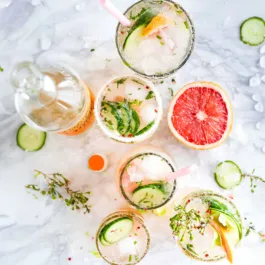

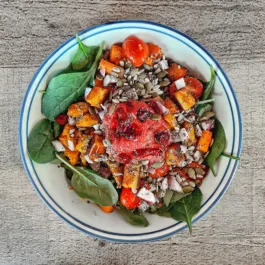

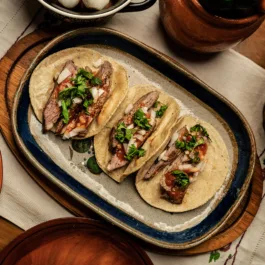
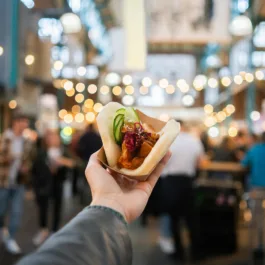

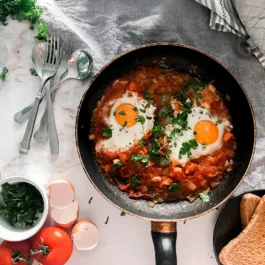
Sorry, the comment form is closed at this time.